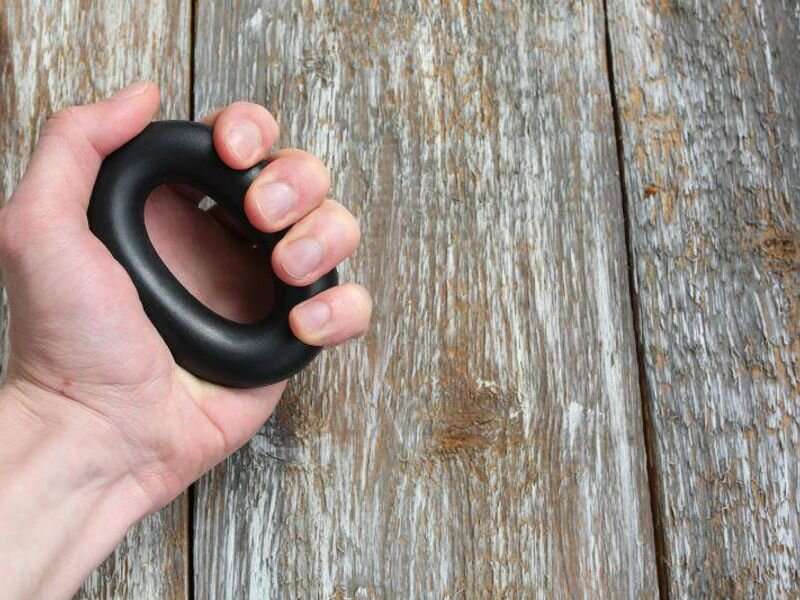Handgrip strength, neurocognitive measures linked in older adults

Among men and women, handgrip strength (HGS) is associated with measures of neurocognitive brain health, according to a study published online June 23 in JAMA Network Open.
09 jul 2022--Kate A. Duchowny, Ph.D., from the University of California in San Francisco, and colleagues examined the association between HGS and dementia, reduced cognition, and poorer neuroimaging outcomes among U.K. Biobank participants aged 39 to 73 years enrolled from 2006 to 2010. A subsample of 190,406 adults were evaluated.
The researchers found that a 5-kg decrement in HGS was associated with lower fluid intelligence scores in men and women. For men and women, a 5-kg decrement in HGS was associated with worse odds of correctly responding to a prospective memory task. In men and women, a 5-kg decrement in HGS was associated with greater white matter hyperintensity volume. In addition, a 5-kg decrement in HGS was associated with increased risk for incident dementia, particularly for men. There was no significant association observed between the Alzheimer disease genetic risk score and HGS.
"Our findings add to a small but growing body of research indicating that the association between muscle strength and dementia may be due to vascular mechanisms and that interventions designed to increase muscle strength, particularly among middle-aged adults, may hold promise for the maintenance of neurocognitive brain health," the authors write.
No comments:
Post a Comment